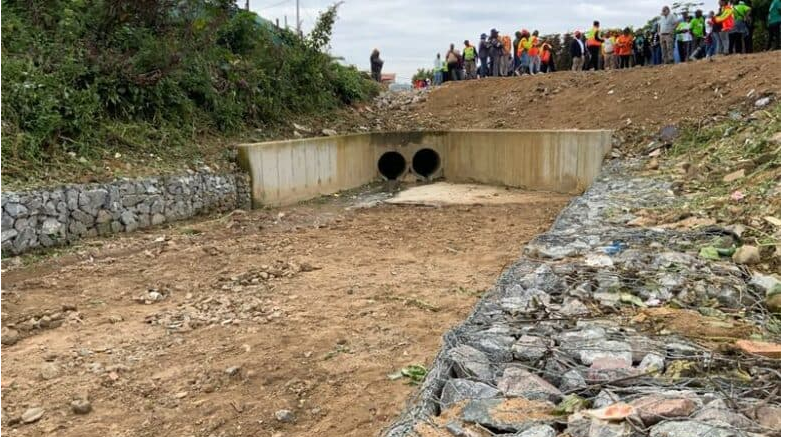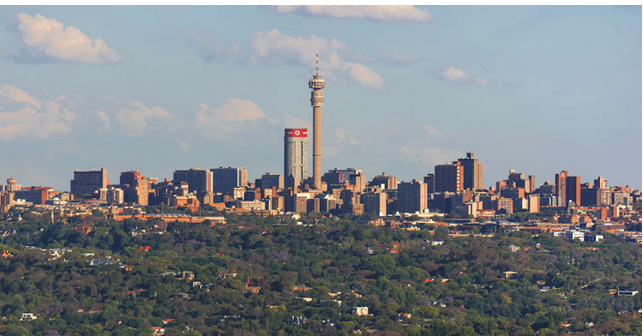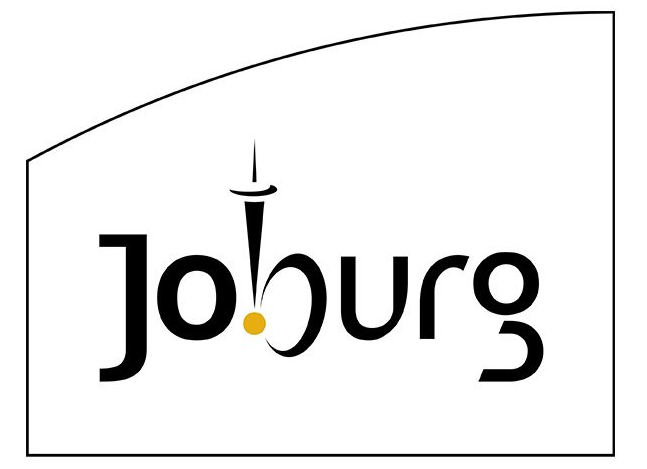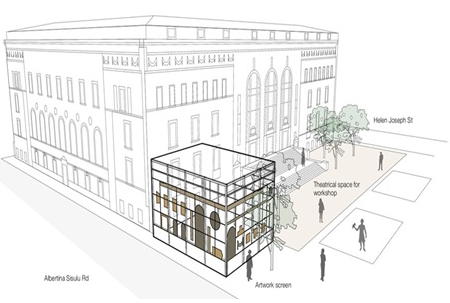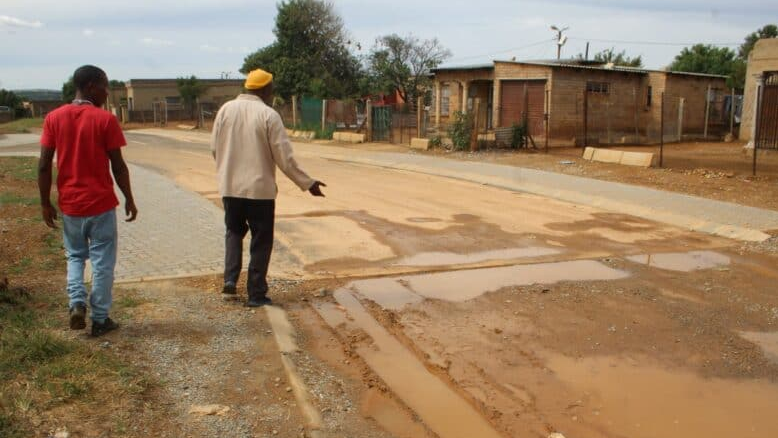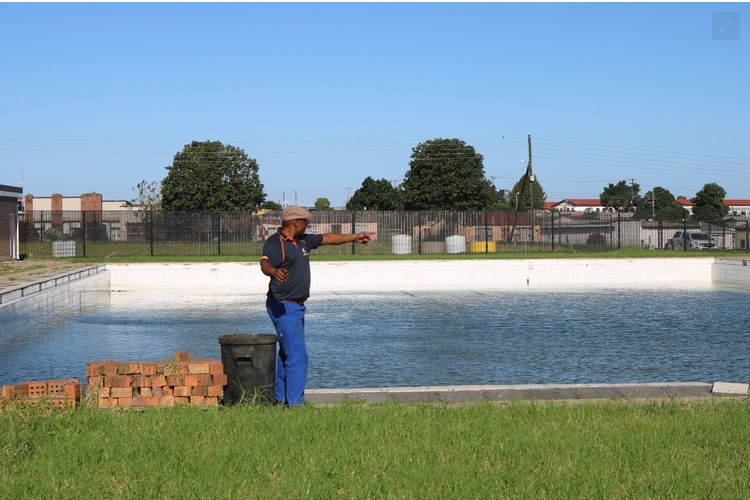‘Ghost company’ bags R428m oxygen plants tender for state hospitals

30-10-2024
Read : 319 times
Daily Maverick
Source
The Independent Development Trust, acting as a project manager for the Department of Health, has appointed private contractors to install oxygen plants at fifty-five government hospitals. The R836-million project raises similar red flags as the Digital Vibes fiasco, with the bulk of the spend set to go to an obscure company lacking the required accreditation.
Bulkeng (Pty) Ltd is something of a jack of all trades, one of those entities that regularly submits bids for all manner of government tenders.
Road works, laundry equipment, even mops and buckets… those are just a few of the products and services Bulkeng has tendered for over the years.
The company has its fingers in other pies too. Last year, Bulkeng applied for prospecting rights to mine iron ore, manganese and limestone on a patch of land in the Northern Cape.
Now, after a tender process fraught with alleged irregularities, this little-known company has clinched a R428-million deal to install highly technical pressure swing adsorption (PSA) oxygen plants at government hospitals all over South Africa. (As a chemical process, adsorption differs from absorption)
The deal was signed off by Dr Sandile Buthelezi, the health department’s beleaguered director-general. Buthelezi is currently in hot water after News24 earlier this year detailed an alleged kickback paid to him. The alleged payment of R500,000 was reportedly made in connection with another project the Independent Development Trust (IDT) had managed on behalf of the Department of Health (DoH).
The DoH’s budget for the oxygen plants roll-out, meanwhile, stands at R836-million. This is made up of Bulkeng’s bill, plus a further R152-million set to be paid to another controversial contractor and its joint venture partner (more below). Additional professional fees, management fees and maintenance costs are also included in the budget, explained the DoH. The project is being bankrolled by The Global Fund, an international organisation that pools resources for health projects in various countries.
No accreditation
The foremost concern regarding Bulkeng’s appointment relates to the company’s accreditation as a supplier of medical products, or lack thereof. The bid documents stipulated that the contractors needed to be registered with the South African Health Products Regulatory Authority (Sahpra).
Initially, the IDT assured us that Bulkeng had submitted a valid Sahpra certificate.
Sahpra, however, confirmed that Bulkeng was not listed on its database.
We continued pushing the DoH and the IDT for answers, leading to a somewhat bizarre turn of events. The DoH claimed that Bulkeng had partnered up with an entity called ‘Brutas Atlas Copco Industrials South Africa’. The latter entity supposedly holds the required accreditation.
We searched the CIPC’s database and couldn’t find any company registered under that name.
Further muddying the water is the fact that Bulkeng’s original bid submission made no mention of a joint venture partner.
Like a ghost
Daily Maverick tried, over the course of several days, to reach Bulkeng’s sole director. Like a phantom he persistently managed to evade us.
According to company records, one Emmanuel Nkosinathi Ndlovu founded Bulkeng in 2010.
The company doesn’t have a website. We searched high and low for Bulkeng’s physical offices but couldn’t find any.
Bulkeng doesn’t appear to have any telephone numbers listed anywhere.
The CIPC records suggest that Bulkeng at one point had its offices in Klerksdorp, but the company no longer appears to be located at that address. Ndlovu’s LinkedIn page, which reveals very little about the businessman, says he is based in Johannesburg.
In short, for a business that is about to embark on a substantial, highly complex health project, Bulkeng keeps a perplexingly low profile.
We managed to source a couple of cellphone numbers for Ndlovu, but he wouldn’t take our calls, nor would he respond to our texts and WhatsApp messages.
We wondered if the DoH didn’t perhaps share our concerns about the company the IDT picked for such an important project.
‘The query can be directed to the IDT or Bulkeng to respond,’ said the department.
The other suppliers
The smaller portion of the roll-out, worth R152-million, was awarded to a joint venture between Maziya General Trading and On Site Gas Systems International.
Like Bulkeng, Maziya does not possess a Sahpra license. On Site Gas Systems, however, is registered with the body.
Asked about its experience in the medical space, Maziya’s CEO, Chris Delport, stated: ‘Our company has diversified its portfolio to work in relation to the medical field. Our extensive experience in the construction industry as partnered with the expertise and experience of On Site Gas Systems International, our JV partner, our JV is best placed to deliver on this contract.’
Maziya is no stranger to controversy.
In May this year, News24 published details about the company’s checkered past. This was after Maziya had been appointed to do demolition work at the National Assembly, which had been ravaged by a fire in 2022.
According to the news site, Maziya had once been fined by the Competition Commission for tender collusion relating to a City Power contract. What’s more, some of the company’s past government projects were allegedly mired by significant cost overruns.
We asked Delport about his company’s past controversies, but he ignored those queries.
Ballooning costs
The budget for the oxygen plants rose dramatically after the IDT assumed ownership of the bid process. This has prompted further concern among sources familiar with developments.
Initially, the DoH performed a detailed cost analysis and determined that the roll-out should cost roughly R256-million, a far cry from the more than R800-million now allocated to the project.
The DoH and the IDT both claimed that the much higher figure was brought on by “price escalations”.
“The initial budget of R256m excluded VAT, and it was only for the construction of the oxygen plants, but it was also based on the 2019 estimate; with escalation and COVID interruptions, the value increased, but also the indicated value of R256m excluded VAT, the professional fees, management fees, and maintenance costs (over 36 months),” explained the DoH.
Daily Maverick has, however, reliably established that the lower cost estimate was penned in late 2022 and not before the Covid pandemic. What’s more, Daily Maverick was made to understand that the R256-million figure was an all-inclusive budget that provided for maintenance over a period of three years.
The IDT remained upbeat about the oxygen plants roll-out, notwithstanding the concerns. “The implementation of the programme will improve provision of health services across most rural and township hospitals, this will ensure that hospitals have adequate oxygen to allow them to provide improved health services.” DM
Recent News
Here are recent news articles from the Building and Construction Industry.
Have you signed up for your free copy yet?


